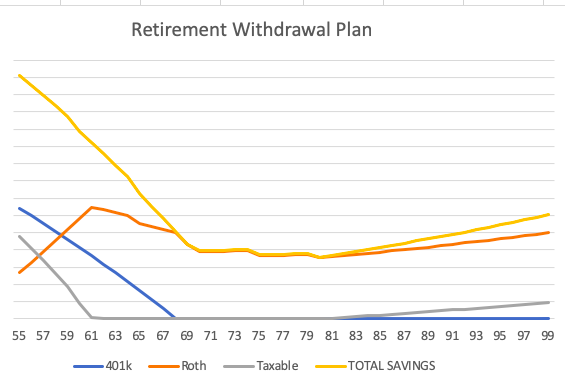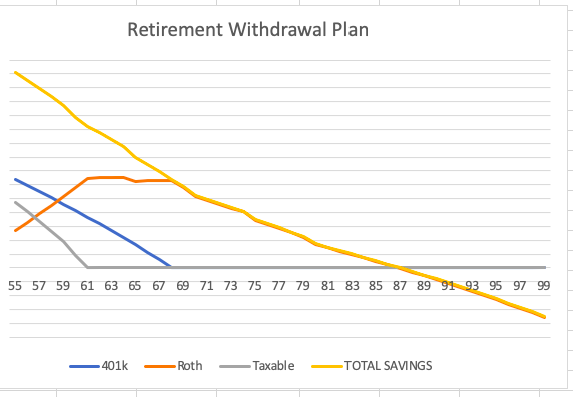tenant13
Full time employment: Posting here.
This may be of interest for the thread topic, or at least half of the topic.
https://www.doughroller.net/financial-planning/the-96-dollar-financial-plan-from-mark-zoril/
I did not find a mention of this in the thread. The link came from B-Heads.
The first year cost is a bit higher than $96 now, but still afoordable. But I don't think the service fills the income optimization part of the thread topic.
I thought the discussion revealed some insight about paid FPs.
I actually signed up for it. Mostly because I was curious about eMoney software and how different is it from Income Strategy. In a nutshell: not very. And the way this service is structured you don't get the access to all the features. It's designed for less financial savvy ppl than most of you guys here.
They basically ask you to fill in all the info and and then they have the video sessions: first, to clarify the details and second - which I haven't had yet - with the planner. You get all the reports after that and and can tweak the inputs later. I don't have a fully formed opinion about it (someone else does: https://www.bogleheads.org/forum/viewtopic.php?t=282215) but I think it will work as a possible replacement of that $125/hr call to Income Strategy guys - which I don't think I need.
What I like about these guys is not just the personal touch but kind of a non-nonsense approach which I subscribe to. They have a short article about the virtues of taking SS early where they remind us that while it might be less money monthly - or even overall, the fun we can have with it at 62 shouldn't be compared to the fun we are able to have at 70 or 80. I strongly believe in that philosophy: so I'm interested in the one-on-one session.


